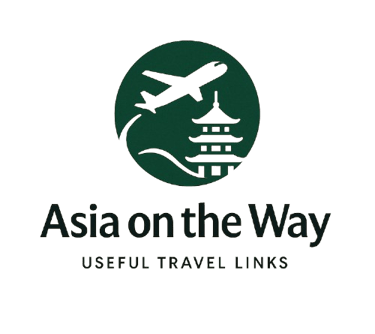Work in South Korea Without a Degree: Visa & Job Guide for 2025
Thinking of working in South Korea without a degree? This complete 2025 guide explains visa types, embassy rules, jobs abroad, and cultural exchange options for gap-year travellers and young internationals.
BLOG SOUTH KOREA
6/2/2025


Travel
Asia Blog – Practical tips about Vietnam, Thailand, South Korea, Cambodia... visas, eSIMs, banking, travel budget, and more.
© 2026. All rights reserved.